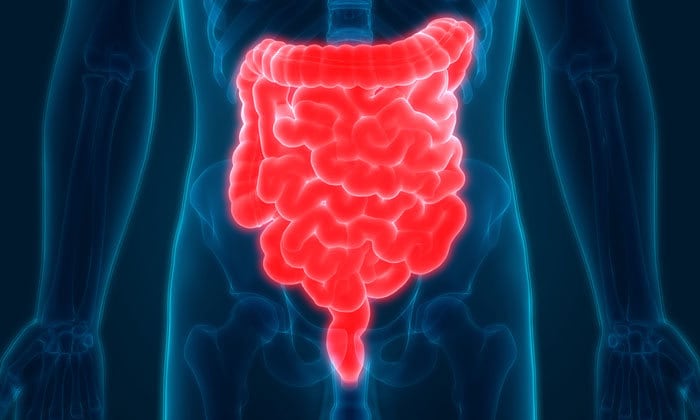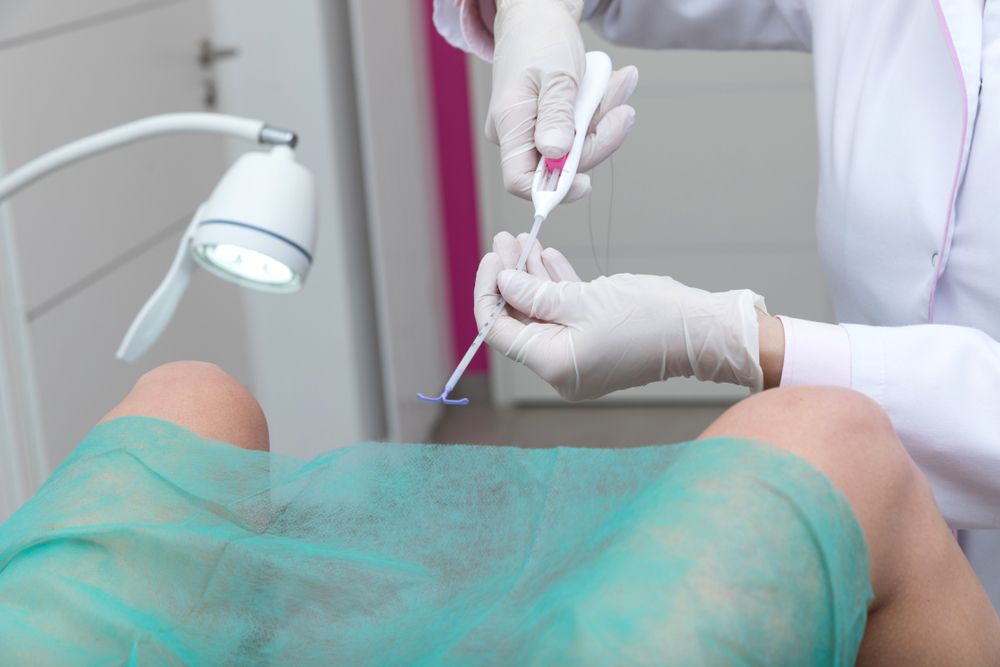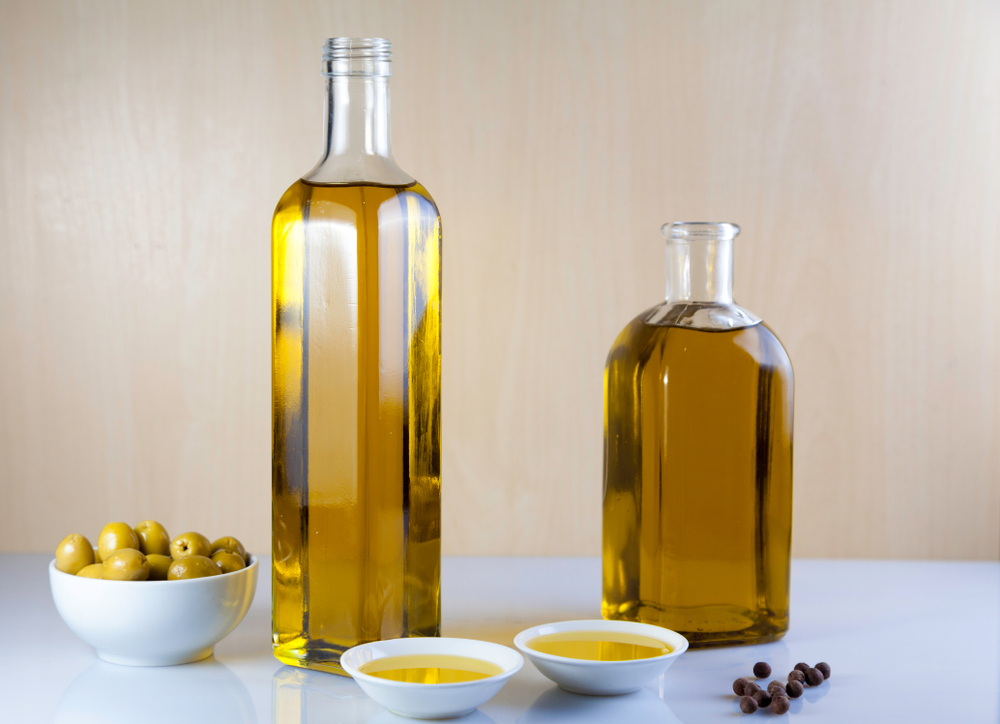Contents:
- Medical Video: Cancer Disappears With Water Fasting -Dr Alan Goldhamer
- A diet increases a person's risk of developing intestinal inflammation
- Safe rules for fasting during inflammation of the intestine
- 1. Pay attention to eating patterns at dawn and breaking fast
- 2. Increase your consumption of foods or drinks that contain probiotics
- 3. Enough for vitamin D needs
Medical Video: Cancer Disappears With Water Fasting -Dr Alan Goldhamer
Inflammation of the intestine is a condition in which the intestine experiences inflammation or inflammation. Inflammation of the intestine itself is often used to explain two types of diseases, namely ulcerative colitis and Crohn's disease. Both of these diseases are caused by chronic inflammation in the gastrointestinal (digestive system). This condition arises because of a false reaction from the body's immune system to normal and healthy digestive tissue.
Then, can the inflammatory bowel patient still fast? If you can, how to run fast during inflammatory bowel?
A diet increases a person's risk of developing intestinal inflammation
Inflammation of the intestine is a long-term disease with symptoms that usually appear and disappear for some time. The severity of symptoms that appear depends on which part of the inflammation.
Keep in mind that the symptoms that appear to people are not the same. Some people may experience vomiting, anemia, and high fever. This condition will come and go for a long time. When relapse, symptoms can be mild or very severe.
Until now, the underlying cause of intestinal inflammation is unknown. A person's diet and stress level can increase a person's risk of developing intestinal inflammation, but both are not the main causes. Immune system malfunctions that cause inflammation are thought to be the main cause. However, it is not known what causes the body's immune system errors.
In addition, hereditary factors are also thought to have an influence on the emergence of intestinal inflammation. A person's risk will be higher if there is a close family suffering from inflammatory bowel.
Safe rules for fasting during inflammation of the intestine
If inflammation of the intestine does not dampen your intention to keep up the spirit of fasting, there are several things that must be considered for those of you who are still fasting when inflammation of the intestine. By paying attention to the following things, your fasting will remain smooth and uninterrupted.
1. Pay attention to eating patterns at dawn and breaking fast
If you have intestinal inflammation it is strongly recommended to eat smaller portions often. Why? Because some rules of diet or diet for people with inflammatory bowel disease is to ensure that the intake of food consumed does not burden the work of the intestine that is being inflamed. Eat smaller portions, but often can help the intestines work lighter.
To reduce intestinal burdens in people with intestinal inflammation, some types of food that are actually good require close supervision if you want to consume them. The principle of eating for sahur and breaking the fast for those of you who have inflammation of the intestine include:
- Low fiber. Foods consumed must have low fiber requirements, so foods such as green leafy vegetables, so that corn, potatoes, broccoli, asparagus, fruits such as apples, bananas, pears, papaya, which are high in fiber, need to be limited.
- Low fat. Coconut milk products, coconut milk, innards, nuts, seeds should be restricted to patients with inflammatory bowel.
- Reduce spicy food.
- Reduce foods that are too acidic.
2. Increase your consumption of foods or drinks that contain probiotics
Probiotics are important for those of you who have intestinal inflammation. Probiotics are live bacteria that are similar to good bacteria that are usually in the intestine. These bacteria help restore the condition of good bacteria in the digestive tract, which has the function of improving digestion, absorption and processing of food through the digestive tract.
You can eat foods that are rich in probiotics such as yogurt, kefir, tempeh and kombucha tea. You can make this food or drink into your sahur and breaking fast menu. Eating these foods and drinks helps you keep fasting during inflammation of the intestine.
It is recommended to take probiotic supplements containing organisms L. acidophilus and L. bifidus, both of which improve digestive health. You can consult a doctor for the right dose of probiotic supplements.
3. Enough for vitamin D needs
Inflammatory patients often have low vitamin D levels. In fact, a 2010 study conducted at McGill University and the University of Montreal showed that vitamin D deficiency is a major cause of Crohn's disease (a type of inflammatory bowel disease).
Researchers believe that vitamin D plays a role in regulating the body's immune response and can even relieve inflammation and relieve symptoms of Crohn's disease.
- The best source of vitamin D is the sun which activates the body's production of vitamin D. Try to expose your body to the morning sun.
- Eat vitamin D-rich foods such as beef liver, egg yolks, sardines, salmon, shrimp, cod and milk rich in vitamin D.
- You can also take 800 IU of daily vitamin D supplements. Consult with a doctor before you take any supplements.












